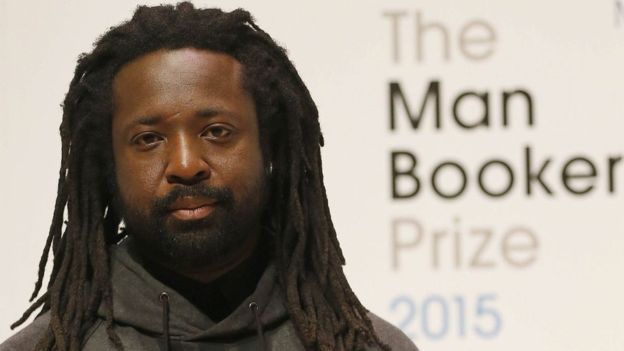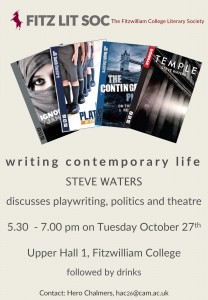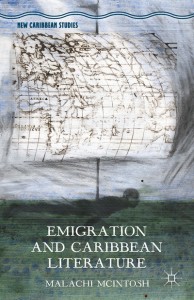Prof Peter Gizzi, 'Reading / Writing Poetry Workshop', 6 classes, weeks 3-8, Wednesdays, 1-3pm in GR05, English Faculty. Prof Peter Gizzi, the visiting Judith E Wilson Poetry Fellow, offers an informal reading and writing workshop engaging with vanguard American poetry. The workshop will read and also write out of the texts discussed. Students will be expected to engage in both reading and writing poetry. The workshop will demand a serious interest in contemporary American vanguard poetry and poetics. Numbers may be limited. Anyone interested in participating in this workshop is asked to apply by writing to Peter Gizzi, by sending 2-3 pages of their writing to him by email at: <pg380@cam.ac.uk> by Sunday, the 26th of October. The first workshop will be on Wednesday 28th October.
Page 2 of 11
The Alchemical Landscape Contemporary writers, film-makers and musicians are increasingly investing the English landscape with notions of magic and the occult. As part of this year's Festival of Ideas, Yvonne Salmon and James Riley present a field guide to this 'geographic turn'. Faculty of English, GR06/07 24 Oct 2015, 6:30pm - 7:30pm All welcome. This event has been featured as part of the Festival's Speaker Spotlight series: http://www.festivalofideas.cam.ac.uk/speaker-spotlight-dr-james-riley-and-yvonne-salmon
The first meeting of the Contemporaries reading group will take place on FRIDAY 6th NOVEMBER at 1pm in the Faculty, GR.03 We will be discussing Robert Eaglestone's 2013 essay 'Contemporary fiction in the academy: towards a manifesto'. A link to the essay is available on the Contemporaries Moodle page. All welcome; bring your lunch!
Holly Corfield-Carr won the prize for her review of Katrina Palmer’s sound installation ’The Loss Adjusters’ which is the third part of her Artangel project ‘End Matter’ on the Isle of Portland In Dorset.
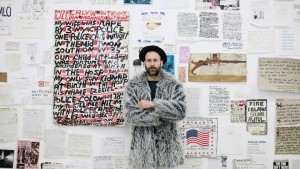 ‘To appreciate the beleaguered position that Kenneth Goldsmith finds himself in, you have to know that in 1997 or 1998 three avant-garde poets, one of them Goldsmith, drinking in a basement bar in Buffalo during a blizzard, decided to start a revolutionary poetry movement, one that went on to endorse “uncreative writing,” a phrase and a field that Goldsmith invented.’ Read the New Yorker‘s recent profile.
‘To appreciate the beleaguered position that Kenneth Goldsmith finds himself in, you have to know that in 1997 or 1998 three avant-garde poets, one of them Goldsmith, drinking in a basement bar in Buffalo during a blizzard, decided to start a revolutionary poetry movement, one that went on to endorse “uncreative writing,” a phrase and a field that Goldsmith invented.’ Read the New Yorker‘s recent profile.
And Brian Kim Stefan‘s response and this Poetry Foundation discussion.
Emigration and Caribbean Literature is a fresh and necessary re-engagement with the generation of writers from the Caribbean Basin who journeyed to Europe to establish their names and literary reputations between and after the two World Wars. It reads across the Anglophone and Francophone traditions to take as its focus George Lamming, Mayotte Capécia, V.S. Naipaul, Aimé Césaire, Samuel Selvon, and Édouard Glissant, focusing firmly on their shared status as emigrants and the effects of their migration on the content and composition of their first works. By applying the theories of Antonio Gramsci, Pierre Bourdieu, and Pascale Casanova to readings of these authors’ contexts and the content of their texts, Malachi McIntosh reveals how World War-era Caribbean writers were pushed to represent themselves as authentic spokesmen for their people
Includes readings by Neel Mukherjee, David Mitchell and Ali Smith. Full details here: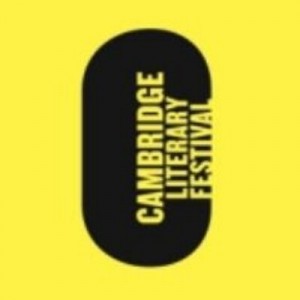
E Q U I P A G E
c/o Rod Mengham, Jesus College, Cambridge, CB5 8BL, U.K.
NEW PUBLICATIONS
Ian Patterson, Time Dust, A4 36pp (price £6.00 including p&p)
John Kinsella, A Failure to Fully Confess: An Activist Poem, A5 48pp (price £4.50 including p&p)
John Wilkinson, Courses Matter-Woven, A4 24pp (price £6.00 including p&p)
Luke Roberts, Left Helicon, A5 48pp (price £4.50 including p&p)
